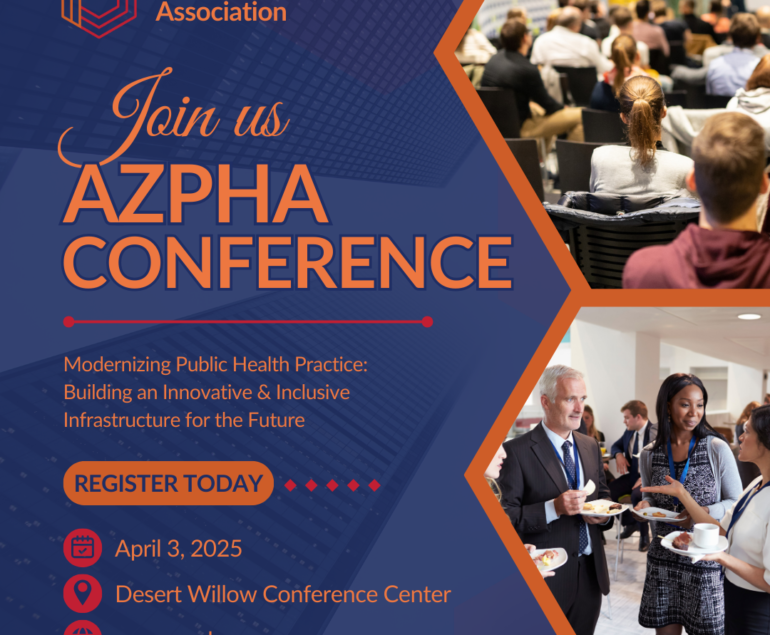The term “public charge” as it relates to admitting immigrants has a long history in immigration law, appearing at least as far back as the Immigration Act of 1882. In the 1800s and early 1900s “public charge: was the most common ground for refusing admission at U.S.
Those immigration laws have evolved over the history of the country, with the most recent overhaul being the Personal Responsibility and Work Opportunity Reconciliation Act of 1996 (often referred to as PRWORA or welfare reform). That’s the law that created Medicaid’s “qualified immigrant” standard.
In 1999, the Immigration and Naturalization Service (DHS didn’t exist yet) issued Rules to “address the public’s concerns about immigrant fears of accepting public benefits for which they remained eligible, specifically medical care, children’s immunizations, basic nutrition and treatment of medical conditions that may jeopardize public health.”
Here’s that final Rule from 1999, which didn’t include Medicaid our housing benefits in the public charge definition. The new DHS Rules will consider whether adult applicants receive Medicaid (AHCCCS), the Medicare Part D Low Income Subsidy, the Supplemental Nutrition Assistance Program (food stamps), or Section 8 Housing assistance.
The final Rule won’t consider whether benefits were used by an applicant’s children. Likewise, if lawfully present kids receive benefits (e.g. Medicaid) that fact won’t be considered against them if the child later applies for legal permanent residency (a “green card”).
